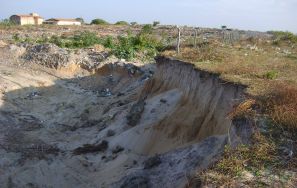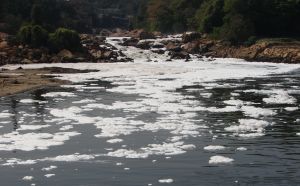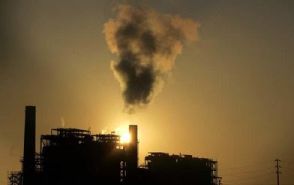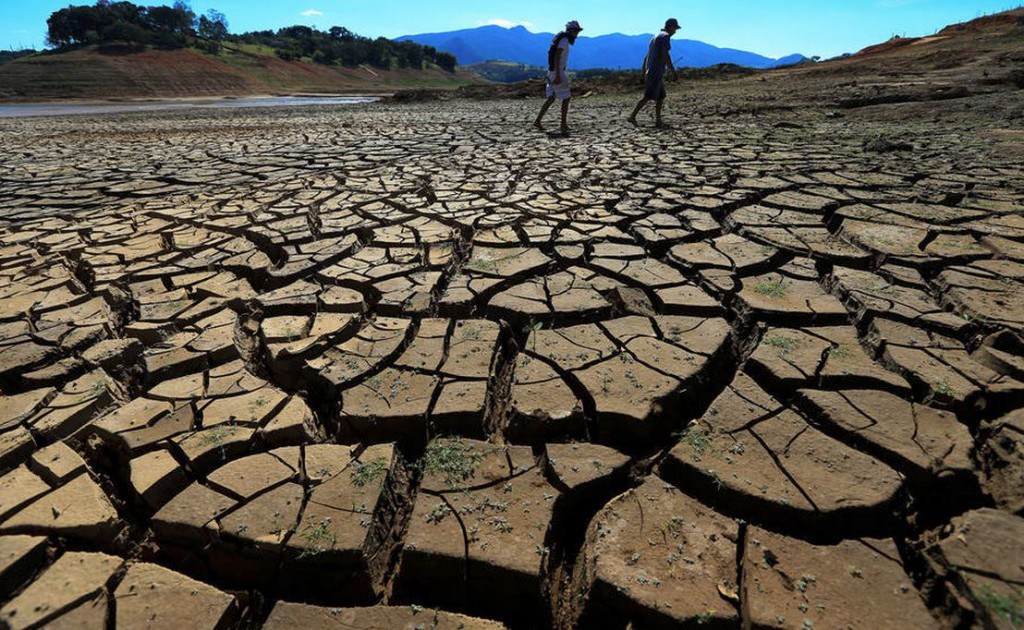World Bank, 2011
In order for Lebanon to meet its environmental challenges, changes are needed in the way it manages its social and economic development as well as in the way it makes choices among competing issues and priorities. So far, these choices and priorities were based on an engineering/technical approach underpinned by politics, subsidies, and low accountability. The Government of Lebanon (GOL), represented by the Ministries of Finance and the Environment, requested World Bank assistance in proposing a different approach, in which investments in specific sectors could lead to maximize environmental benefits, so that environment become an asset to improve socio-economic development.
In this context, the CEA has assessed policies, public expenditures, and institutional capacity in managing key environmental resources, particularly in the wastewater and solid waste sectors. In particular, the CEA has attempted to answer a limited number of key questions: Has the environmental landscape changed over the past 20 years? And if so, where does Lebanon stand in terms of environmental sustainability? How can Lebanon optimize its investments in wastewater and solid waste sectors in conjunction with its environmental benefits and what are the key policies and institutional measures required from the MOE to optimize these environmental benefits in the short and medium term?




